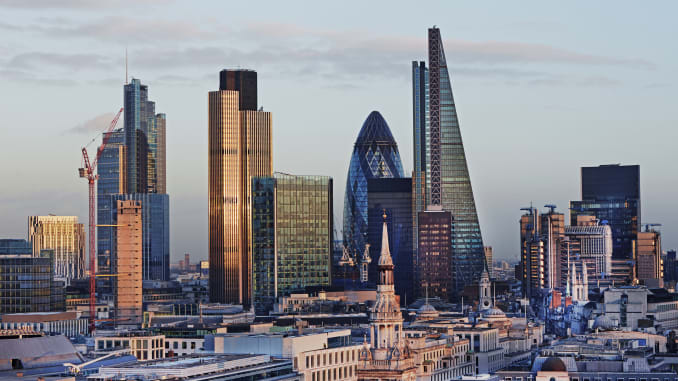Foreign investment — that sounds like a good thing, doesn’t it? Certainly, governments love to boast about it.
But there’s a serious downside. No, not the basic fact of foreign ownership. If an overseas company creates jobs, builds capacity and pays its taxes here, then that’s to be welcomed. Far better a foreign investor than a British asset-stripper.
No, the real problem is the impact on exchange rates. When overseas interests buy up British companies, property or other assets, they typically need to pay for their purchases in pounds. A net inflow of foreign capital therefore increases demand for our currency, pushing up its value — and thus making British exports more expensive.
That might not matter if the money goes into boosting productivity, but if it just disappears into the global piggy bank otherwise known as the London property market — or any other unproductive store of wealth — then there’s no compensating benefit (at least, not for exporters).
Earlier this week, a report from the John Mills Institute for Prosperity identified an often overvalued pound as a key cause of this country’s manufacturing decline. If we want to revive and rebalance the economy then we must exert greater control over foreign capital flows. Senator Josh Hawley — a rising star of US politics — has come to much the same conclusion. This is what he said in a major speech last week:
There is a reason why Wall Street loves the status quo. There is a reason why they will object to leaving the WTO and resist major reforms to our global economic system. That’s because they are on a gravy train of foreign capital flows that keep their checkbooks fat.
But this foreign money pouring into our country has a distorting effect. We get asset bubbles that can spur recession, and our exporters have trouble selling abroad. Our farmers and producers know this problem all too well
Senator Hawley, by the way, is a Republican not a Democrat. Discontent with the current state of capitalism is no longer limited to the Left.
But with their open economies, what can countries like Britain and America do to discourage unwanted flows of capital? The answer is to put a tax on the piggy banks. If you want to store your wealth in the London property market or some other favoured bolthole, then fine — but you’ll pay handsomely for the privilege. In the wake of the corona-crisis, governments will need new sources of revenue and unproductive ‘investment’ is an obvious target.
Now that the pandemic has taken it away, we can better appreciate the benefits of economic openness. We must strive to restore it, while also asking ourselves what exactly it is we wish to be open to.
Our ambition should be to make this country the best place in the world for people to build a business, not stash their cash.











Join the discussion
Join like minded readers that support our journalism by becoming a paid subscriber
To join the discussion in the comments, become a paid subscriber.
Join like minded readers that support our journalism, read unlimited articles and enjoy other subscriber-only benefits.
Subscribe